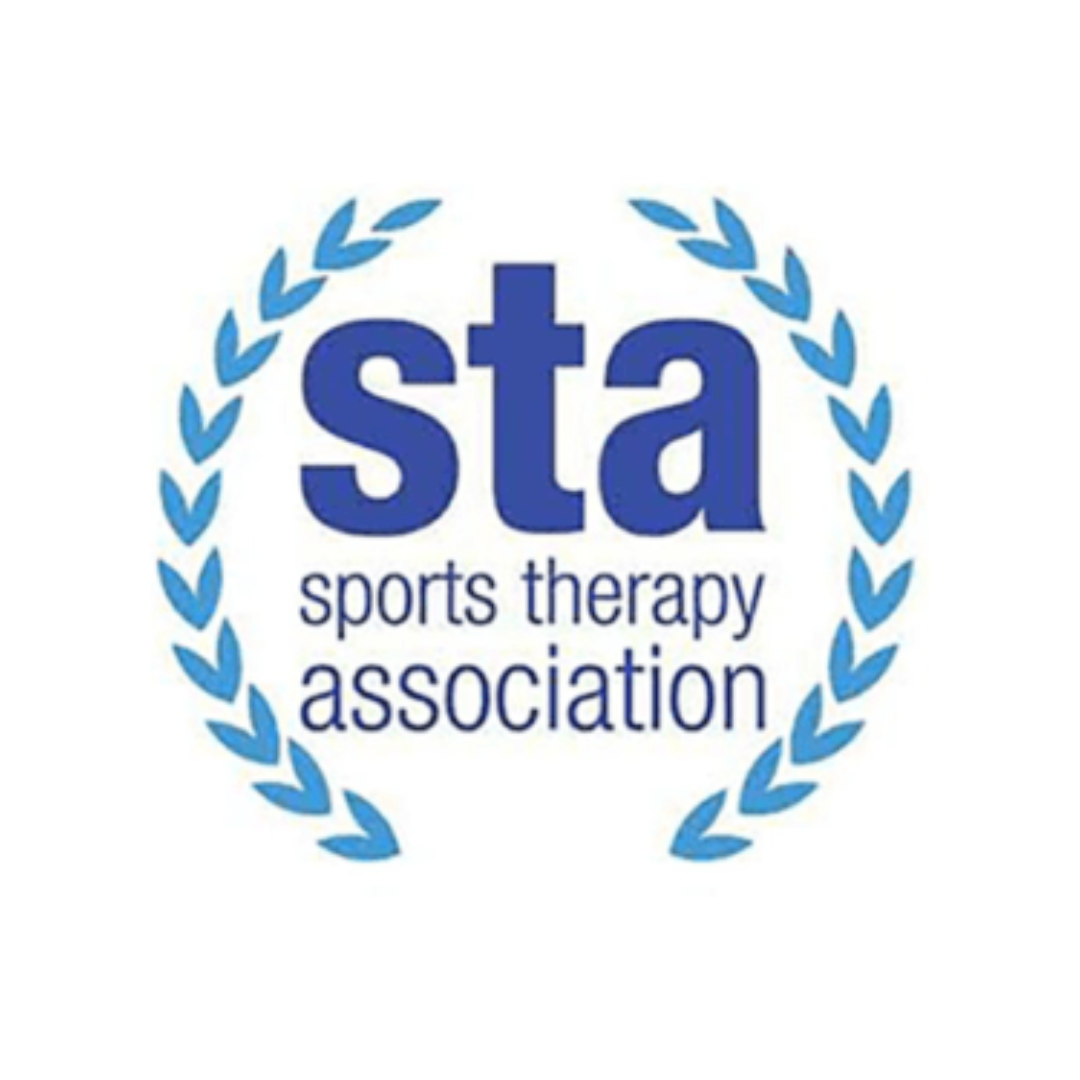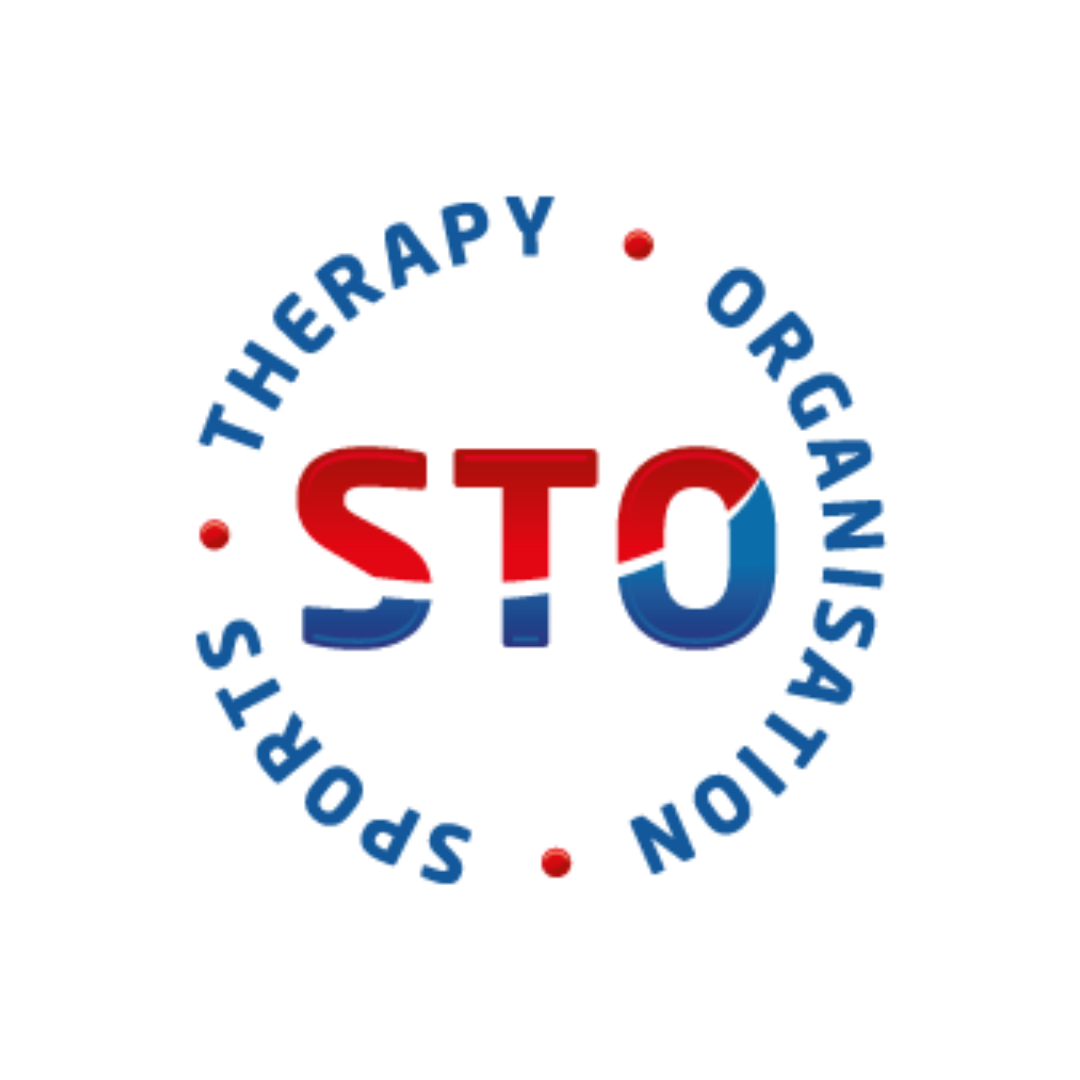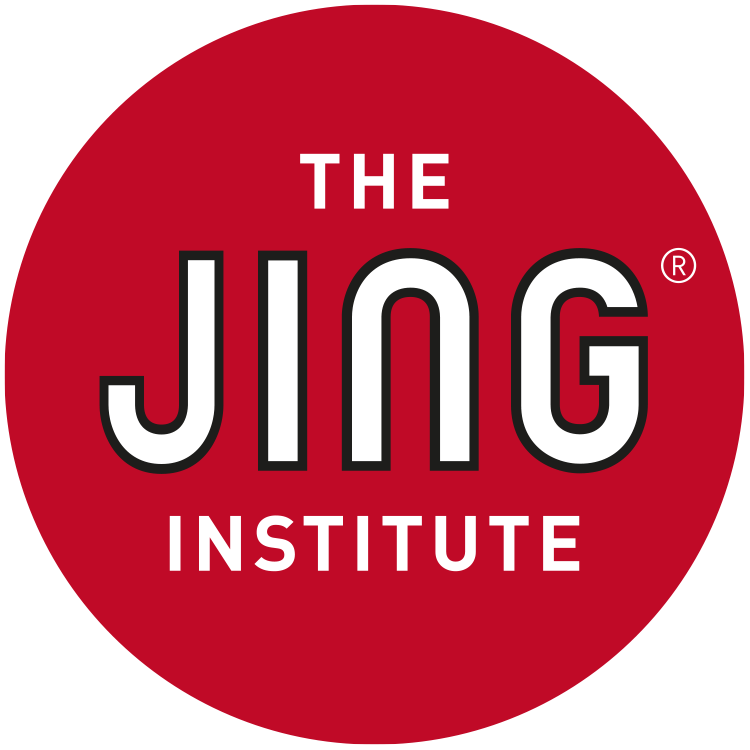MSK 2024: ‘Health Inequalities: closing the gap’
)
‘Labour will tackle the social determinants of health, halving the gap in healthy life expectancy between the richest and poorest regions in England.’ (labour manifesto)
Did you know that the biggest commitment in the new government’s health policy is its commitment to tackling health inequalities?.... and it is everybody’s responsibility in the healthcare system to act now to close the gap.
This year’s MSK conference is designed for all who have a touchpoint in MSK conditions to support this: clinicians, and therapists, service managers and clinical leads and senior leadership such as ICB leads. The agenda is HUGE and needs everybody to work together to drive change. To help this, this year for the first time, Therapy EXPO ticket holders have FREE access to the MSK Theatre to learn and share!
So what? Why does it matter to me?
There are three elements of focus in the new health policy:
-
Life expectancy
-
Social Determinants of Health
-
Timescale
And MSK conditions feature central to each one!
-
Life expectancy: The Office for Health Improvement and Disparities looked at the drivers of health life expectancy (HLE) as a whole. Identifying musculoskeletal health as a central focus to prioritise improvement.
Earlier this year, the Arthritis and Musculoskeletal Alliance (ARMA) released a report of the findings from their Musculoskeletal Health Inequalities and Deprivation inquiry. The report outlines the most significant factors relating to poor MSK health as socio-economic factors such as poverty, education, employment, and an environmental and food culture that defers physical activity and a healthy diet. For those who work with people with MSK conditions and experiencing health inequalities, the collective MSK workforce and focus must consider this wider context of MSK conditions.
-
Social Determinants of health: The new government is expecting everyone in healthcare to be a much better economic and social partners to find solutions to make differences to health inequalities by addressing the wider determinants of health. That includes Integrated Care Boards (ICBs); who have the responsibility for planning services, improving health and reducing inequalities across geographical areas.
In September 2024, ARMA released the results of their report; ‘ICB approach to musculoskeletal services within their area’ across the 42 Integrated Care Boards (ICBs) assessing their leadership and strategic priorities for MSK services.
The responses revealed that almost one in four ICBs have no lead for MSK, and almost one in four have no priorities for MSK therefore giving insufficient attention to the MSK servers they oversee and commission to comply with their statutory duties.
The way that we lead clinically in healthcare needs to change to enable transformation at every level of the healthcare system to support health inequalities! To find out how, read this editorial recently published by our MSK programme lead, our poster zone editor and opening speaker by scanning the QR code below.
-
Timescale: A time trajectory is needed to set an ambition, and to sift, order and prioritise action; not just what needs to happen, but also who is responsible for making it happen. And the time to act is NOW.
See you there to bring great minds together and get the ball rolling!


.png)
.png)











.png)




